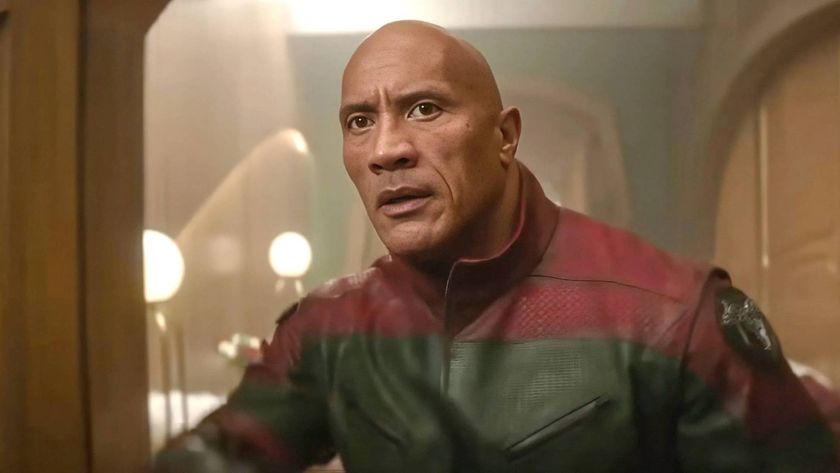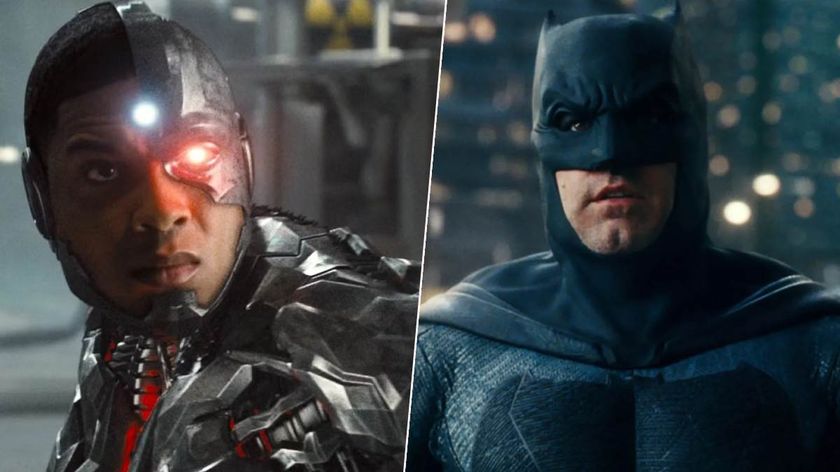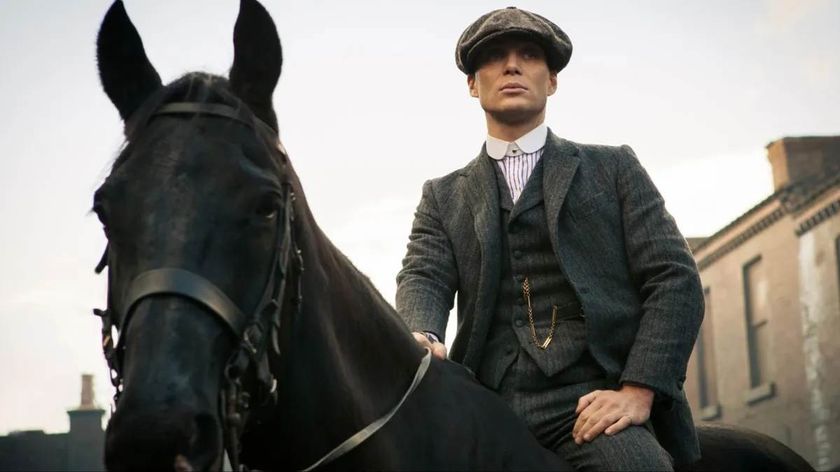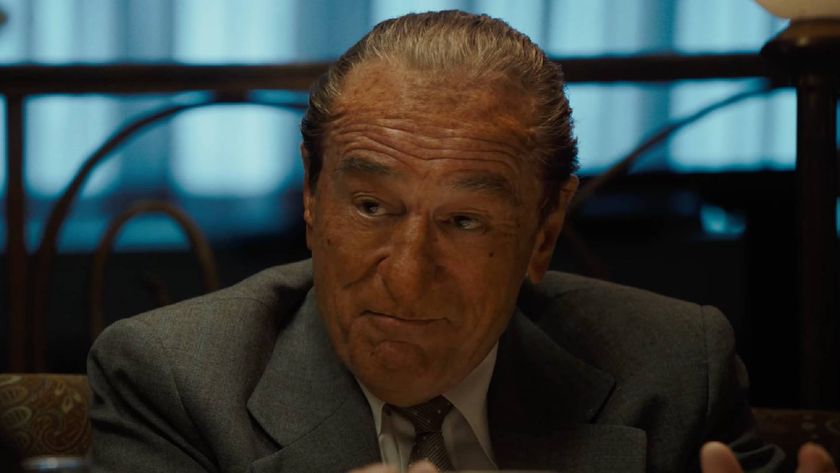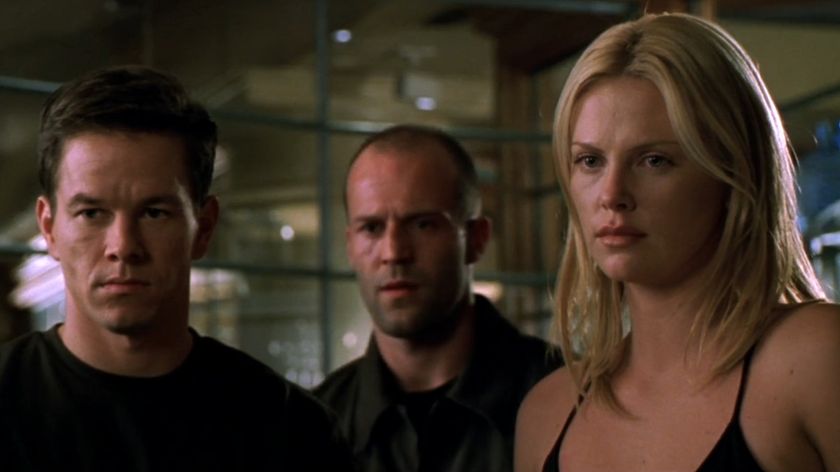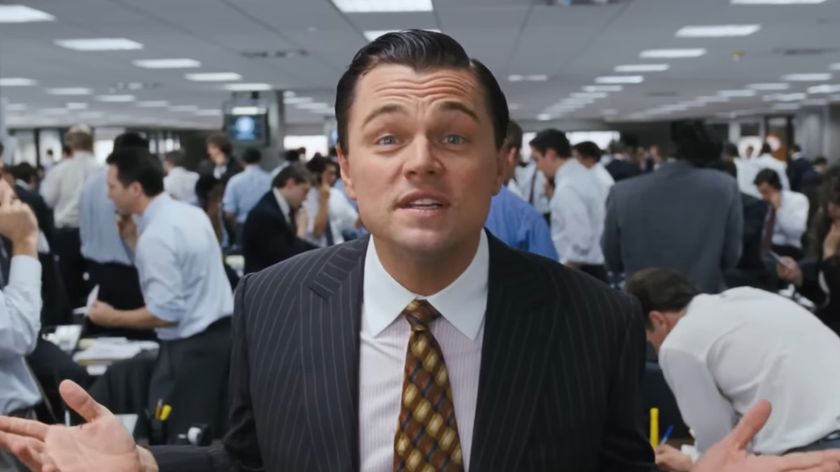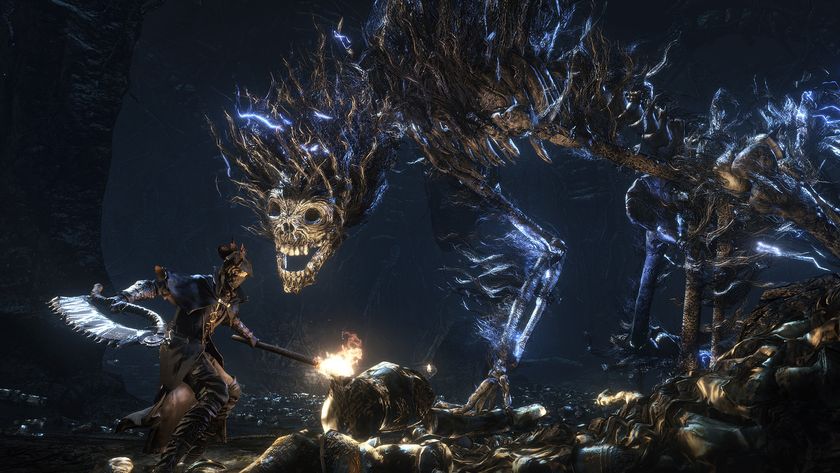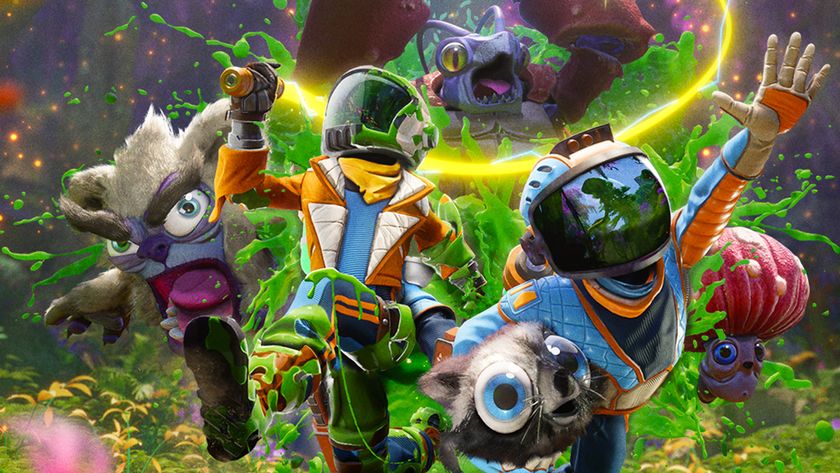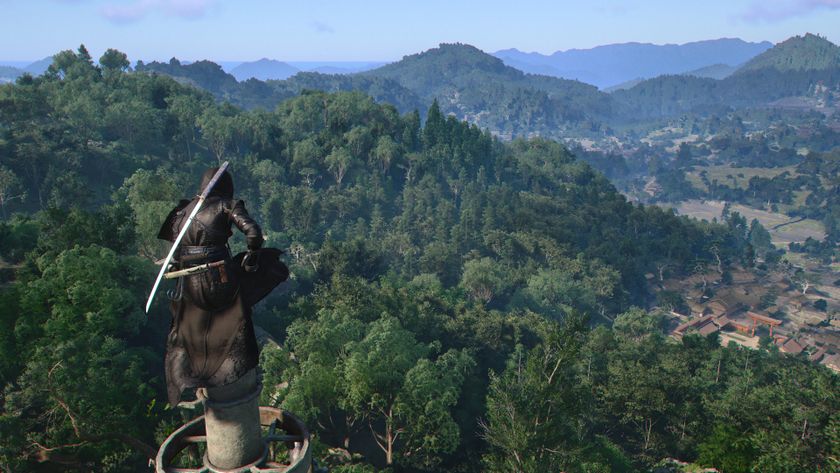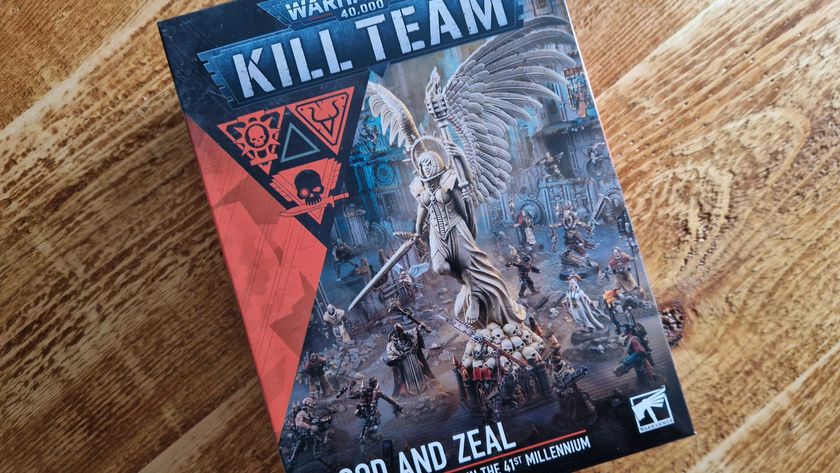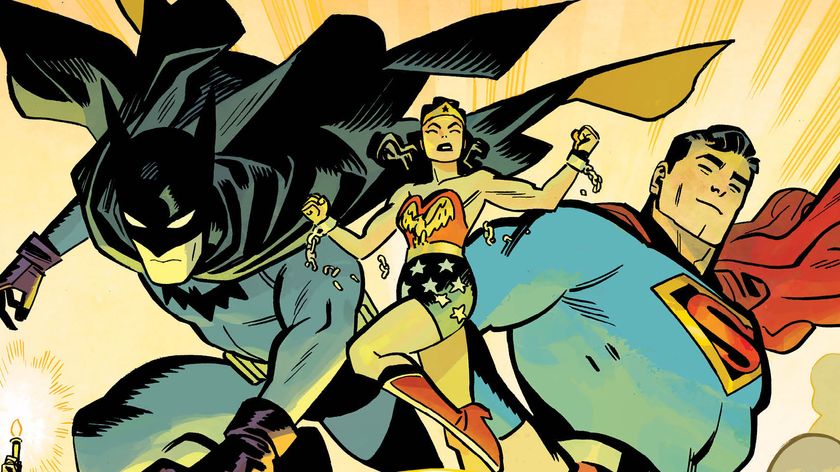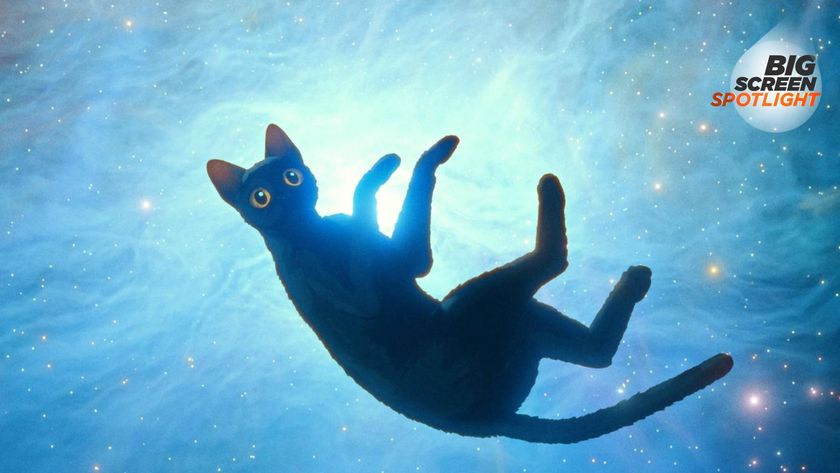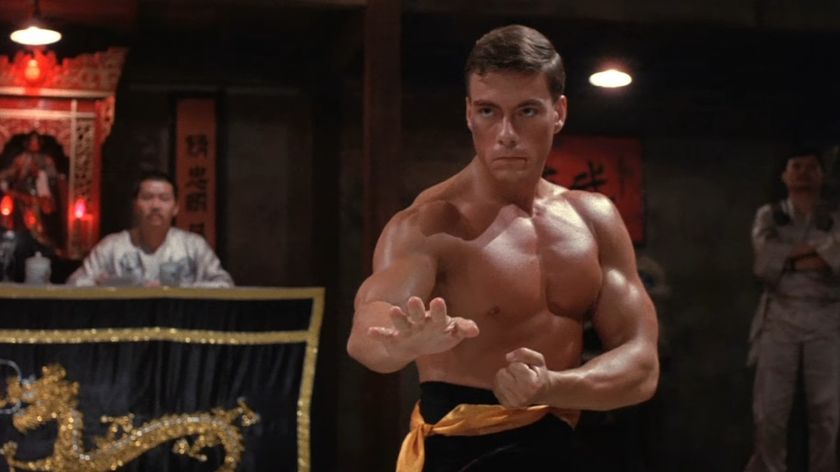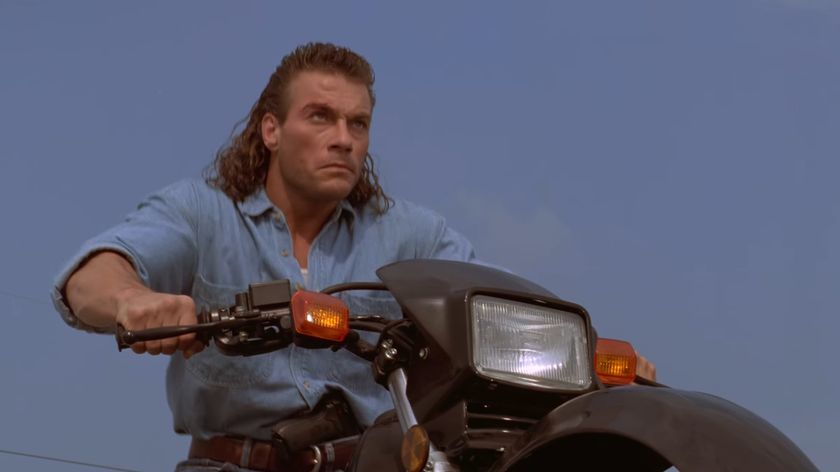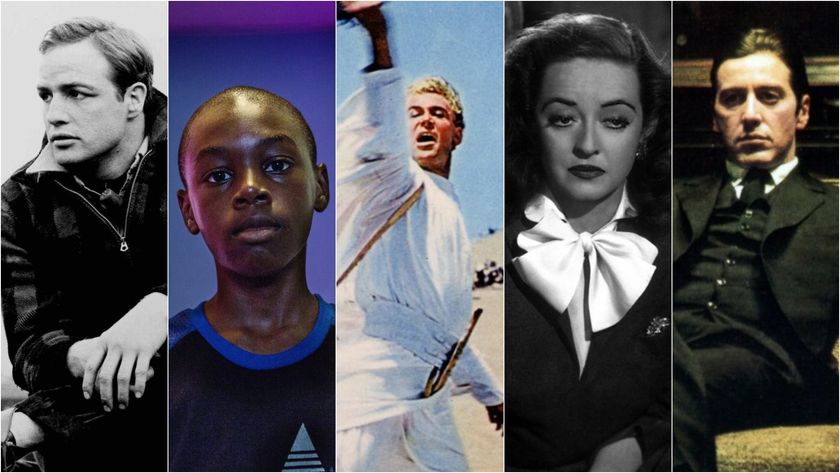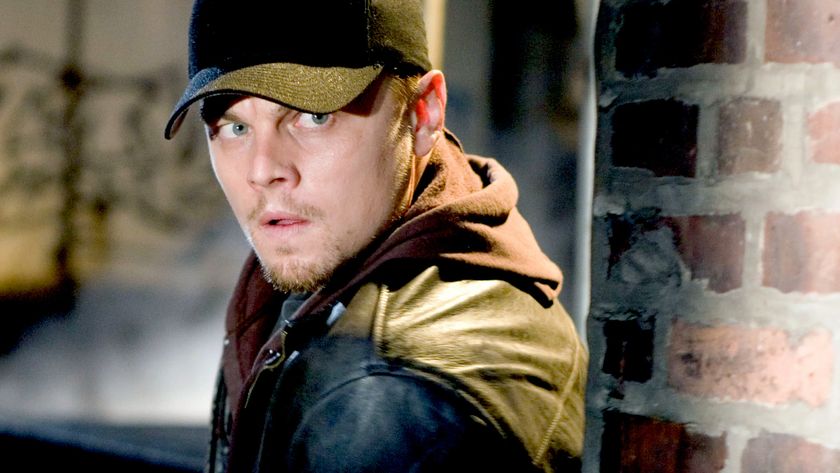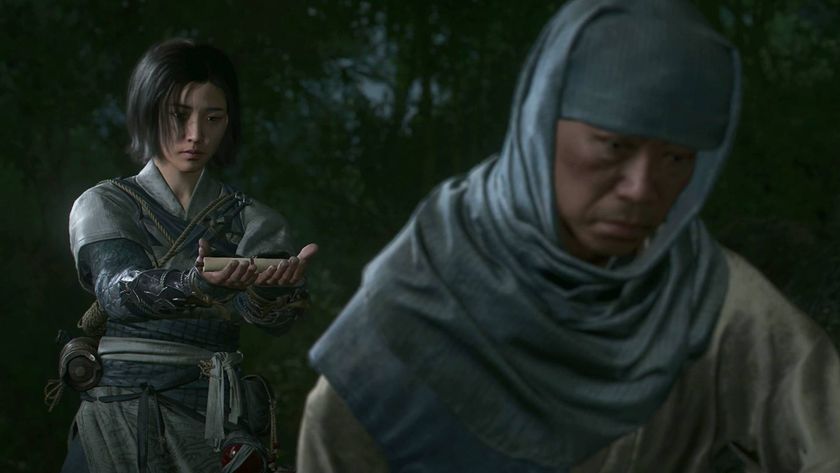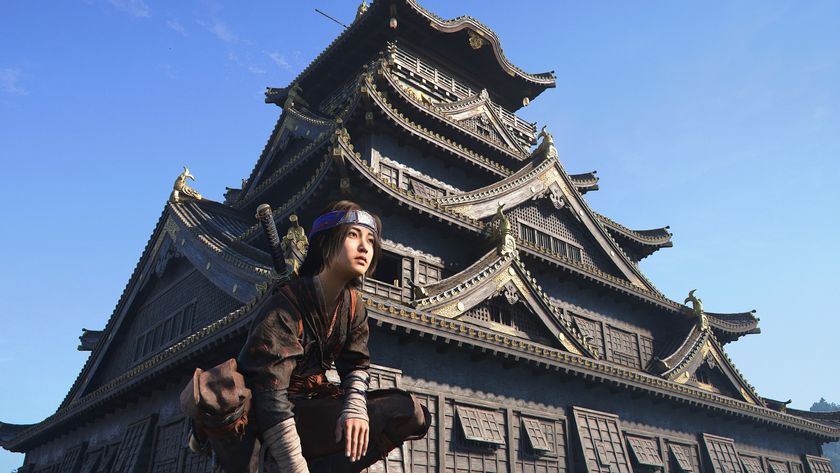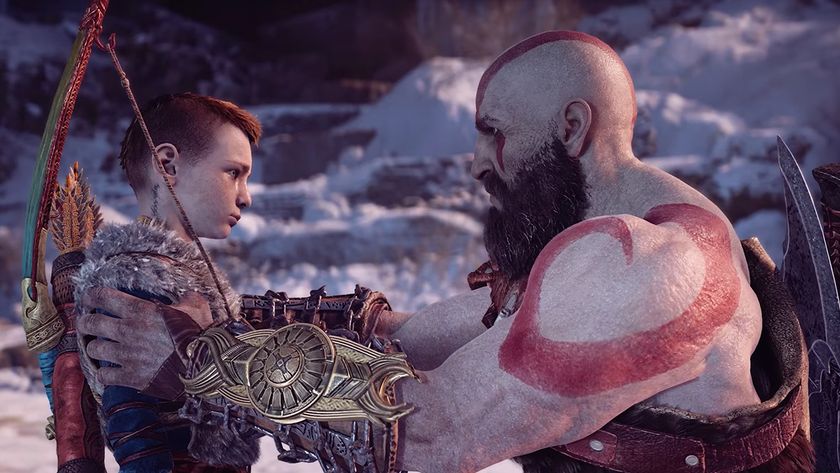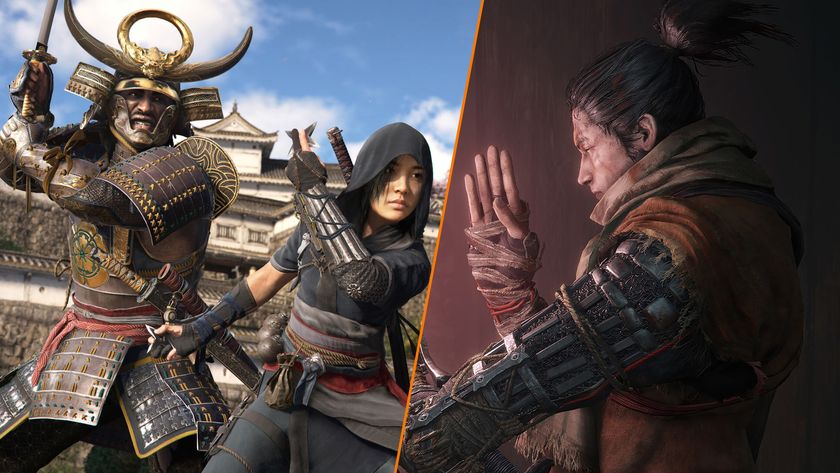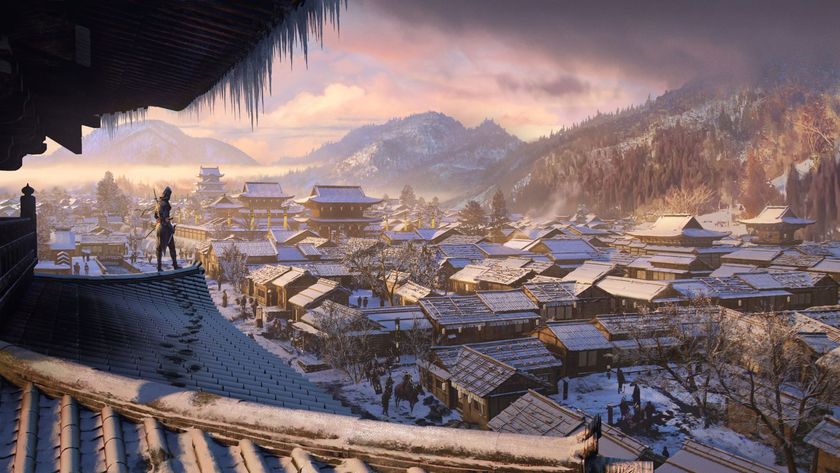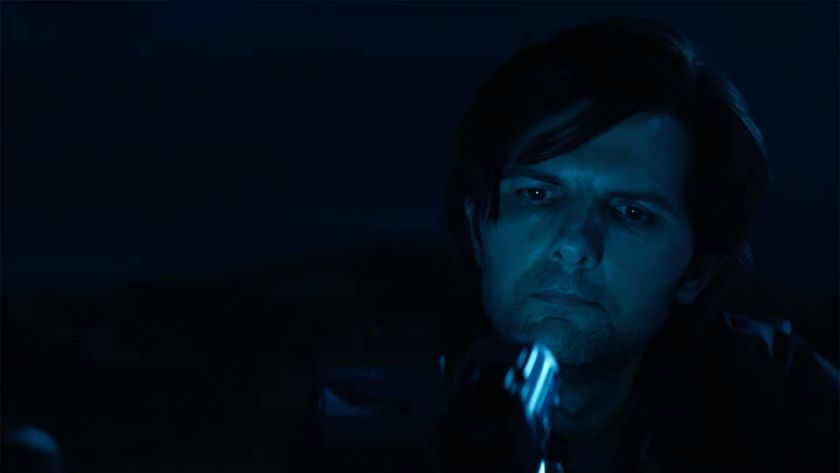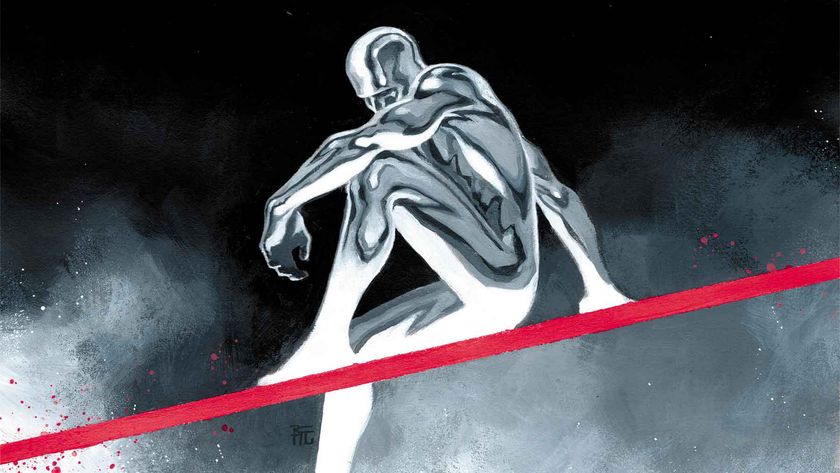The 32 greatest gangster movies
Just when you think you're out...
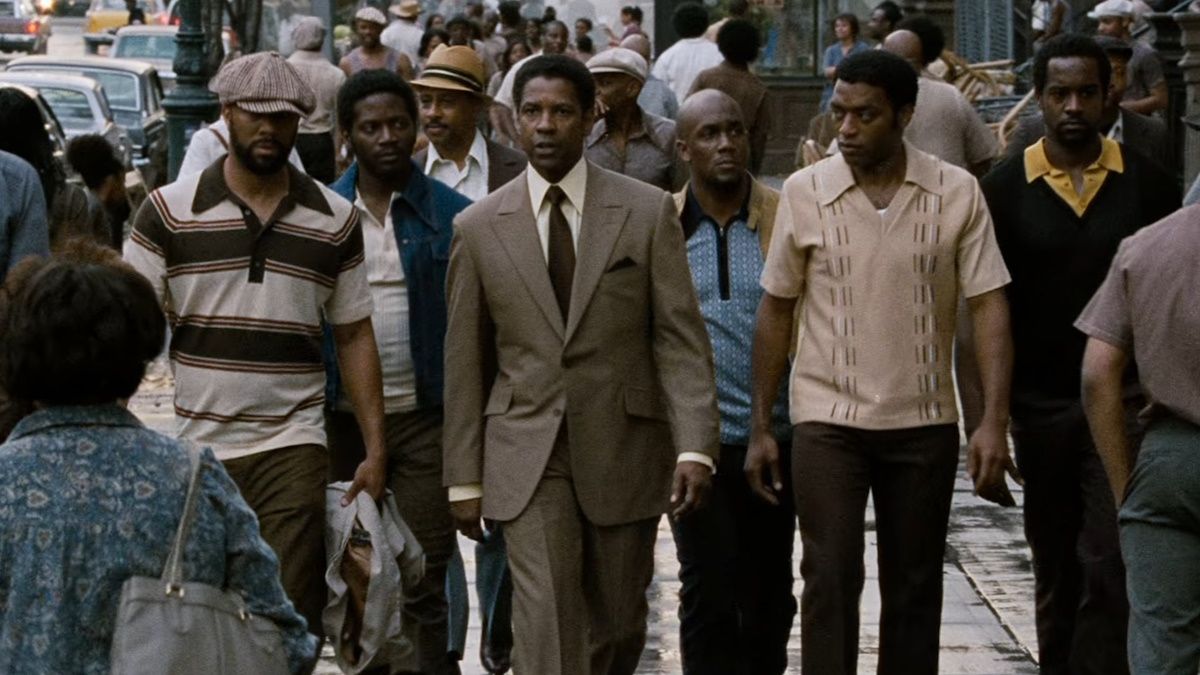
The allure of wealth and power, the precarious gambling of life and death - there's nothing quite like a good gangster movie. But what might be the greatest gangster movies ever made?
As the American film industry matured in the early 20th century, so too did organized crime. While violent gangs and criminal outlaws are hardly an American invention, Prohibition in the 1920s did much to inspire the enduring images of gangsters as we know them now. Between 1931 and 1932, three blockbuster films captivated audiences and laid down the foundation of the modern gangster movie: Little Caesar (1931), The Public Enemy (1931), and Scarface (1932).
The ensuing decades have seen filmmakers worldwide tell stories of ambitious, self-serving people who accrue money, power, and security on the other side of the law. In mob movies, there's no such thing as just good and evil or right and wrong. There's only life and death, by any means necessary.
I'm going to make you an offer you can't refuse: Here are 32 of the greatest gangster movies of all time.
32. The Town (2010)
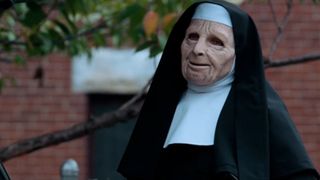
In this modern crime epic from director, co-writer, and star Ben Affleck (and adapting the Chuck Hogan novel Prince of Thieves), a serial bank robber suffers from divided loyalties between his crew and a beautiful former hostage of theirs (played by Rebecca Hall), all while a dogged FBI agent (Jon Hamm) gets close to nailing them for good. The narrow streets of Boston boil like a pressure cooker as the crew scheme one last heist to rob Fenway Park. (Go Sox!) The Town is characterized by muscular direction from Affleck, sharp performances from its cast – which also includes Jeremy Renner, Blake Lively, and Boston rapper Slaine among its stars – and ground-level immersion into its historic city.
31. Tokyo Drifter (1966)
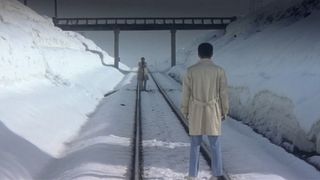
In this stylish neon-colored odyssey from Japanese auteur Seijun Suzuki, a prolific gangster named Phoenix Tetsuo (Tetsuya Wateri) tries to lead a life on the straight and narrow following the dissolution of his yakuza organization. But Phoenix winds up fighting for his life when rival gang members from all across Japan try to execute him. A gunslinger Western disguised in the sharp-dressed stylings of a yakuza picture, Tokyo Drifter is one of Suzuki's most beguiling movies in his celebrated career.
30. Snatch (2000)
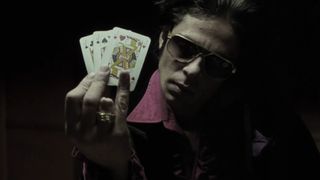
Two years after Guy Ritchie burst onto the scene with Lock, Stock, and Two Smoking Barrels, he came back guns blazing (artistically speaking) with Snatch. A multicultural cooking pot set in the underworld of London, Snatch follows two parallel stories that intertwine: one involving a crooked boxing promoter, Turkish (Jason Statham) who gets caught up in a match-fixing scheme, and the other involving a stolen diamond. Boasting Ritchie's signature vision of black comedy chaos and quirky characters including a downright incomprehensible Brad Pitt as an Irish bare-knuckle boxer, Snatch scores the big one as a manic mobster flick.
Sign up for the Total Film Newsletter
Bringing all the latest movie news, features, and reviews to your inbox
29. Mean Streets (1973)
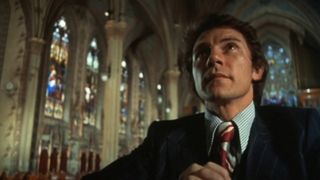
Martin Scorsese's name is synonymous with mobster films. His third movie Mean Streets cemented his brand of artistry in its story about a small-time gangster Charlie, played by Harvey Keitel, who hails from New York's Little Italy neighborhood and rises the ranks of the Italian-American mafia. Amid Charlie's ascension, he deals with best friend Johnny (Robert De Niro) whose reckless behavior jeopardizes their future. Underscored by Catholic guilt, personal ambitions, and deteriorating friendships, Scorsese's Mean Streets lives up to its title in its portrayal of criminal brutality.
28. Shinjuku Incident (2009)
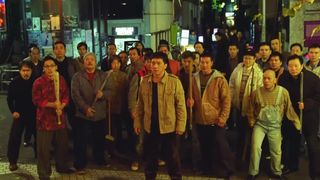
In one of Jackie Chan's rare swerves into serious dramatic acting, the renowned martial arts superstar leads the 2009 drama Shinjuku Incident playing a Chinese migrant – nicknamed Steelhead – who illegally emigrates to Tokyo in search of his lost fiancée. After finding his fiancée has married a yakuza mob boss, Steelhead reluctantly rises the ranks of Japan's criminal underworld and becomes the head of a Chinese gang. Shinjuku Incident is nothing like other Jackie Chan movies his fans might be used to, being an incendiary crime epic that explicitly explores Japanese/Chinese racial tensions and the erosion of morality at the cost of survival.
27. Menace II Society (1993)
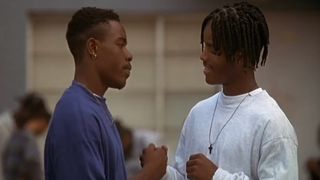
In South Central L.A., in the Watts and Crenshaw neighborhoods, 18-year-old Caine (Tyrin Turner) tries desperately to escape his dead-end surroundings. While Caine has made plans to leave L.A. for good, a series of tragic events prove that escape will not be so easy. Directed by the Hughes Brothers in their filmmaking debut, Menace II Society is somewhat notorious in that Tupac Shakur was to star in the film and violently assaulted the Hugheses after they fired him. The movie is still celebrated today as a hood life classic, one that portrayed inner city struggles with uncompromising fidelity.
26. Dead or Alive (1999)
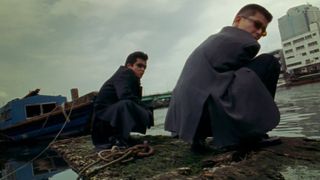
While most gangster movies draw acclaim because of their grounded sensibilities and adherence to realism, Takashi Miike's Dead or Alive trilogy throws up a middle finger with maddening aggression. Of the three disconnected movies in the series, the first installment – 1999's Dead or Alive – is most palatable to anyone unfamiliar with Miike's brand of artistry. The movie follows an ethnically Chinese gang operating in Japan who confront a Japanese cop determined to stop their operations. The sequels go for broke to eventually introduce a dystopian future and cyborg soldiers, but the first movie is bizarre enough with a lengthy montage prologue fueled by Sodom and Gomorrah-esque deviancy.
25. The Untouchables (1987)
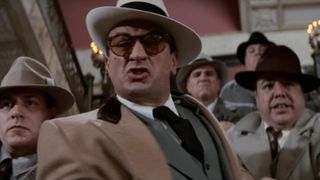
Where most gangster movies are about the inner workings of organized crime, Brian De Palma's dressy period epic The Untouchables follows those on the "right" side of the law. The legendary take down of real-life gangster Al Capone (played in the movie by Robert De Niro) is told in De Palma's Oscar-nominated hit, with Eliot Ness (Kevin Costner) forming his trusted "Untouchables" to apprehend Capone during Prohibition. It's classic cops and robbers, good and evil stuff, but De Palma's impeccable craftsmanship gives The Untouchables a leg up over most bootlegger thrillers.
24. Black Mass (2015)
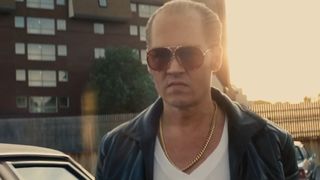
A late era Johnny Depp stays in sharp shape in Black Mass from director Scott Cooper. Based on real events, Irish-American mobster Whitey Bulger (Depp) forms a secret alliance with the FBI to take down a mutual foe in the Italian mafia. The alliance spirals out of control to eventually afford Bulger immense power as one of the most ruthless gangsters to ever exist in Boston's history of crime. Also starring Joel Edgerton, Benedict Cumberbatch, Jesse Plemons, Dakota Johnson, Julianne Nicholson, Adam Scott, and Corey Stoll, Black Mass examines the erosion of right and wrong when lawlessness is the default setting.
23. Bullet in the Head (1990)
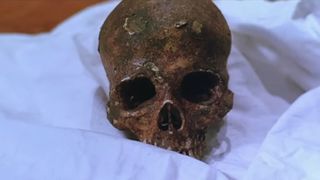
Many of John Woo's films involve renegade cops and gun-toting gangsters. But his haunted 1990 picture Bullet in the Head is more than just another story about Triads who paint the walls red with blood. Set in the late '60s against the backdrop of the 1967 Hong Kong riots and the destructive Vietnam War, three best friends escape Hong Kong to seek out their fortunes as black market smugglers amid Vietnam's vulnerability. Almost as soon as they arrive however, their lives spin out of control as they're torn apart by greed and ambition. While a gangster movie at heart, Bullet in the Head flirts with noir romances and gritty war epics in the spirit of The Deer Hunter to become something entirely original and unforgettable.
22. Juice (1992)
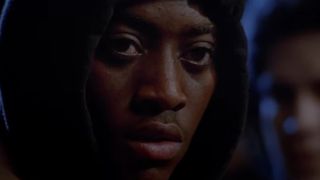
From writer/director Ernest R. Dickerson, in his filmmaking debut, Juice tells of four Harlem friends who try to escalate things in their life of crime as their ticket out of poverty. After a robbery goes belly-up, the group's loyalties to each other are put to the test. Featuring standout performances by leads Omar Epps, Tupac Shakur, Khalil Kain, and Jermaine Hopkins, Juice has the "juice" to be one of the best hood movies of all time, a movie that warns against pursuing the seductive allure of power at the cost of friendship.
21. Eastern Promises (2007)
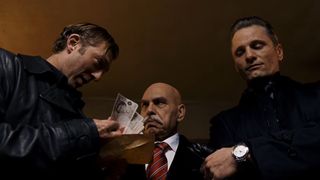
David Cronenberg may be better known for science fiction thrillers and grotesque body horror, but several times the director has taken left turns from his usual fare. Enter: Eastern Promises. Released in 2007, this grounded crime drama stars Viggo Morensen as a member of a Russian Mafia operating in London. He stands opposite Naomi Watts, who plays a midwife who confronts the mob after she delivers the baby of an underage trafficked Ukrainian teenager. Eventually, the truth of Mortensen's character comes to light. Harrowing and as dark as the pitch black night, Cronenberg's Eastern Promises is an engrossing modern crime classic.
20. The French Connection (1971)
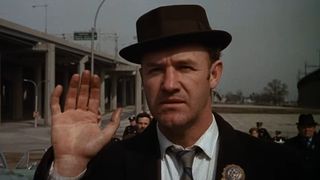
While based on real events as told by a 1969 nonfiction book by Robin Moore about the "French Connection" trafficking scheme, William Friedkin's film is a stunning crime classic that reveals the grime and grit of American cinema circa 1970s. Gene Hackman and Roy Scheider co-star as two NYPD detectives who stop at nothing to pursue the mobsters behind a French smuggling operation. While the movie is primarily focused on Hackman and Sheider's cops, the movie's documentary aesthetic and otherworldly dive into New York's criminal underworld – all underscored by the cops' shared tunnel-vision obsession – isn't one to miss.
19. A Bronx Tale (1993)
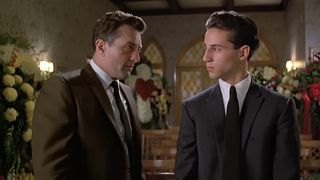
By 1993, Robert De Niro had learned from the many directors he'd worked with and made his own directing debut with his magnificent A Bronx Tale. Based on Chazz Palminteri's 1989 play, A Bronx Tale is a coming-of-age story set in 1960 New York about an Italian-American boy, Calogero (Lillo Brancato Jr.), who find himself torn between the glamorous temptations of a life in organized crime and the more honest values of his blue collar father (played by De Niro himself). All the while, Calogero develops feelings for a Black girl, Jane (Taral Hicks) which reveals to him the racial divide of his neighborhood. While A Bronx Tale is often dwarfed by other crime dramas, many of which also star De Niro, the movie earns its place in the American film canon.
18. The Sting (1973)
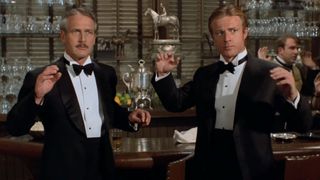
Paul Newman and Robert Redford throw it back to Depression-era America in this stylish heist movie from director George Roy Hill, who also directed Newman and Redford in the Western classic Butch Cassidy and the Sundance Kid. Set in 1936, The Sting follows two con artists (Newman and Redford) who exact revenge on a ruthless Irish mob boss responsible for a friend's murder. While The Sting's plot is a bit overcooked, it's easily one of the most stylish movies you'll ever see with impeccable 1930s era costuming and set design. Along with a ragtime soundtrack and Saturday Even Post-style title cards, The Sting is a ploy you'll want to fall for.
17. Gangs of New York (2002)
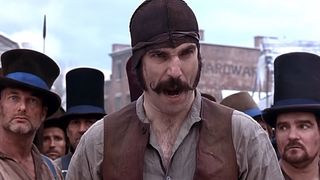
Martin Scorsese does it again. In this 21st century giant of American cinema, Leonardo DiCaprio plays the vengeful son of Irish Catholic immigrants who seeks vengeance against Bill the Butcher (Daniel Day-Lewis), leader of the Anglo-Protestant Know Nothings, for the murder of his father in 1860s New York whilst the Civil War looms large. Essentially the story of the blood feuds that built New York, Gangs of New York took on unintended emotional significance when it opened in December 2002; its final shot of New York's modern skyscrapers, including the World Trade Center, appear looming over the characters' graves.
16. Boyz n the Hood (1991)
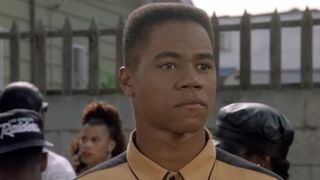
Arguably the alpha and omega of American hood movies, John Singleton's Boyz n the Hood tells of one fateful summer in the life of young childhood friends in South Central Los Angeles. Cuba Gooding Jr. stars as Tre, a young man who lives with his strict but caring father (Laurence Fishburne). While Tre's future lies ahead of him – a future that includes attending college in Atlanta with his girlfriend Brandi (Nia Long) – Tre's friends are embroiled in L.A.'s violent gang culture. A celebrated movie and pop culture touchstone, its influence is seen everywhere from hip-hop music to the smash hit Grand Theft Auto video game franchise.
15. Donnie Brasco (1997)
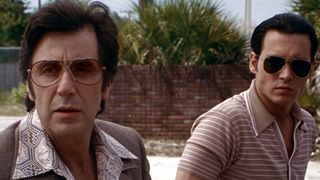
From director Mike Newell, Al Pacino and Johnny Depp lead this powerhouse mob movie based on the true story of FBI agent Joe Pistone (played by Depp) who infiltrated the Bonanno crime family in 1970s New York City. (Pistone worked on the film as a consultant.) While Donnie Brasco sounds a lot like other undercover gangster movies, it succeeds through the sheer might of Depp and Pacino together, their chemistry only adding to the movie's tense exploration of split identities and loyalties.
14. The Outlaws (2017)
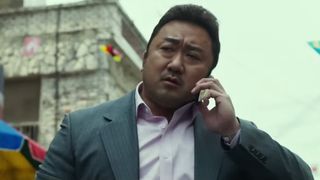
Ma Dong-seok, also known as Don Lee, knuckles up against organized crime in this rip-roaring action-comedy that spawned a film franchise in South Korea. Loosely based on different true crime cases from 2004 and 2007, The Outlaws follows a brawny detective (Don Lee) who tries to keep the peace between Chinese and Korean gangs in Seoul's Chinatown neighborhoods. Carried entirely by Don Lee's wide shoulders, The Outlaws spawned several sequels that see Lee's character, Ma Seok-do, take on other cases involving organized crime.
13. Fallen Angels (1995)
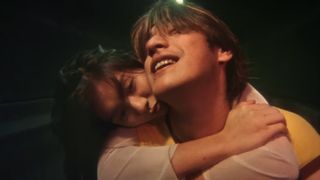
Renowned auteur Wong Kar-wai made his filmmaking debut with As Tears Go By, a 1988 movie in which a small-time triad member enters a forbidden romance with his beautiful cousin. After several years and other movies, Wong Kar-wai returned to the crime genre with his celebrated '95 film Fallen Angels. Set in the neon streets of Hong Kong, Fallen Angels is made up of intersecting stories, one of which includes a hitman (Leon Lai) who prepares to leave a life of crime behind with a prostitute girlfriend (Karen Mok) and his "partner" (Michelle Reis) who is also in love with him. Underscored by themes of longing and loneliness – what else from Wong Kar-wai? – Fallen Angels stands out as a '90s Hong Kong classic.
12. The Departed (2006)
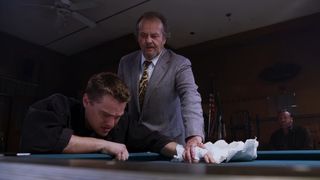
In 2006, Martin Scorsese took Andrew Lau and Alan Mak's Infernal Affairs and reimagined its story in contemporary Boston, imbuing into it pieces of the real-life Winter Hill Gang. Leonardo DiCaprio and Matt Damon co-star as men on parallel tracks; Damon plays the unofficial foster son of mob boss Frank Costello (Jack Nicholson) who grooms him to become a spy in the Massachusetts State Police whilst DiCaprio plays an undercover state trooper who infiltrates Costello's organization. As both men rise the ranks, they navigate the lethal hazards of leading double lives in this mesmerizing mid-aughts classic.
11. Infernal Affairs (2002)
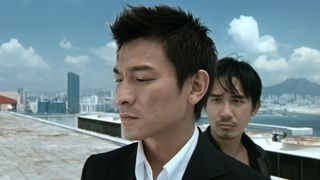
Before Martin Scorsese's Oscar-winning movie The Departed, there was Infernal Affairs. The source movie which Scorsese spawned his own movie from, Infernal Affairs follows a Hong Kong cop (Tony Leung) who goes undercover in the Triads all while a Triad mole (Andy Lau) infiltrates the police. In contrast to Scorsese's version, Infernal Affairs is part mob movie, part psychological thriller, where the characters' paranoias mirror that of Hong Kong's own postcolonial identity crisis. A double feature with Scorsese's movie is a no-brainer.
10. Election (2005)
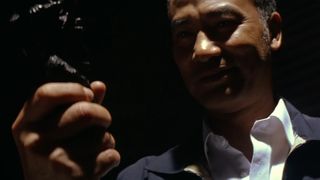
Post-handover Hong Kong may be under Chinese rule, but its outlaws still elect leaders democratically. That's the compelling paradox of Johnnie To's Election, a sprawling political crime epic from 2005. Amid its large ensemble cast are Simon Yam and Tony Leung Ka-fai in the role of two opposing gang leaders vying to seize power as the officially recognized leader of a major Triad. Under To, Election reveals that the most self-serving people can mask their ambitions under a guise of tradition and honor, and that power can be easily acquired in the arena of unchecked capitalism.
9. Killing Them Softly (2012)
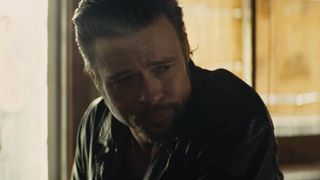
Post-recession cynicism and apathy is felt all throughout in Killing Them Softly, a powerhouse crime thriller with a locked-in Brad Pitt front and center. Directed by Andrew Dominik, Killing Them Softly follows a ruthless hitman (Pitt) who is tasked with cleaning up the fallout of a mob poker game robbed by some low-level scum. Set against the backdrop of the 2008 U.S. presidential election, the underworld of Killing Them Softly becomes a microcosm of America, its hedonism dependent on a collapsable economy. Simply put, Killing Them Softly goes way hard, its story and themes hitting like a bullet to the head.
8. American Gangster (2007)
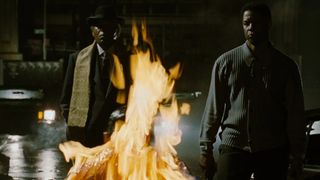
After decades of defining science fiction and historical epics, Ridley Scott focused his cameras on American crime. American Gangster chronicles the criminal career of Frank Lucas, the right-hand of a Harlem mob boss who smuggled contraband from Vietnam into the United States through American service planes all during the Vietnam War. Led by a reliably captivating Denzel Washington as Frank Lucas, along with Russell Crowe, Chiwetel Eijofor, Josh Brolin, and many more among its cast, American Gangster shows the dark side of the American dream.
7. Miller's Crossing (1990)
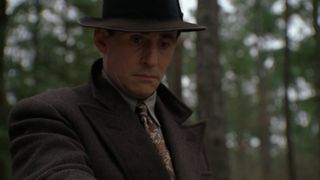
The third directorial feature from the Coen Brothers, their acclaimed mob drama Miller's Crossing takes audiences back to Prohibition to follow Tom Reagan (Gabriel Byrne), the right-hand man to an Irish mobster who plays with fire by inciting a gang war with the Italian Mafia. Renowned as a crime noir and for a most moving performance by John Turturro (as Bernie Bernbaum), Miller's Crossing is a meditative epic that ruminates on the cost of honor and the consequences of betrayal.
6. The Irishman (2019)
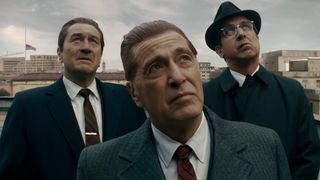
A digitally de-aged Robert De Niro notwithstanding, Martin Scorsese's The Irishman sees the master director again immerse in a genre he knows best. De Niro stars as real-life figure Frank Sheeran, an Irish-American labor union official who worked as a hitman for the Italian mob out of Philadelphia. (Its screenplay adapts the 2004 nonfiction book I Heard You Paint Houses, in which Sheeran confessed to author Charles Brandt that he killed labor leader Jimmy Hoffa.) A decades spanning epic, The Irishman might seem like Scorsese returning to his same familiar wells, but the movie's somber musings over loyalty – especially its grave personal costs – gives the movie a lasting impression.
5. Get Carter (1971)
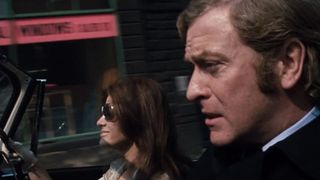
Michael Caine has never been more intimidating than in Mike Hodges' stone cold noir Get Carter. Caine stars as Jack Carter, a ruthless London gangster notorious among the city's organized crime bosses. Returning home to Newcastle, Carter investigates the murder of his brother whilst he re-immerses himself into the abyssal underbelly of his hometown. Based on Ted Lewis' 1970 novel Jack's Return Home, Get Carter shows that vengeance can never truly satisfy the soul, and that violence only begets more violence.
4. Scarface (1983)
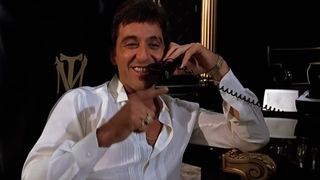
"Say hello to my little friend!" The American Dream blows up in Brian De Palma's mighty influential crime classic and remake of a 1932 film. Al Pacino stars as Tony Montana, a Cuban refugee who overcomes poverty to become Miami's premier crime kingpin. While Tony embraces the ethos of "The World Is Yours," his violent ambitions and paranoia to maintain his dangerous lifestyle forever leads to his inevitable downfall. A major pop culture touchstone – especially for rap artists who aspire to be Tony Montana (completely forgetting how the movie ends) – Scarface endures as a warning against chasing after dreams too hard.
3. Goodfellas (1990)
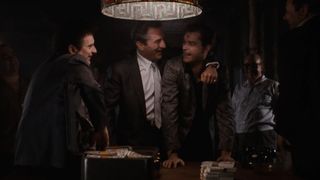
In this towering classic from Martin Scorsese, Ray Liotta plays real-life mobster Henry Hill who recounts to the audience his life in the Mafia. Beginning with his youth in Brooklyn, the movie traces Henry Hill's ascension to a life of wealth and power before it all comes crashing down, ending with Hill's entry into Witness Protection. Arguably the preeminent mobster epic of the 1990s and the direct inspiration for the seminal series The Sopranos, Scorsese's Goodfellas has been endlessly referenced and replicated but never replaced.
2. Once Upon a Time in America (1984)
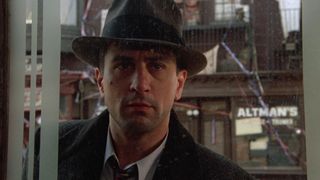
Sergio Leone's Once Upon a Time in America bombed in the U.S. box office due to a shortened length that reordered the movie's plot and rendered the whole thing incomprehensible. (And boring.) But international versions as well as a longer 2012 cut that screened at the Cannes Film Festival have ensured that Leone's last movie is anything but a footnote. An Italian-American co-production, Leone's epic adapts Harry Grey's novel that follows the lives of two Jewish youths who become prolific gangsters in New York City, serving as a tragic exploration of the American dream. Spanning different time periods, Once Upon a Time in America lives up to its title quite literally.
1. The Godfather (1972)
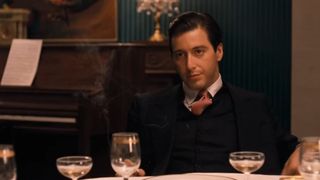
It's hard to name a movie more important to American cinema than Francis Ford Coppola's The Godfather. Based on Mario Puzo's novel, The Godfather follows the powerful Corleone family, led by patriarch Vito Corleone (Marlon Brando), as it transitions power into Vito's youngest son Michael (Al Pacino) who reluctantly becomes the ruthless mafia boss his family needs him to be. A timeless classic that changed Hollywood forever, The Godfather endures as one of the greatest mob movies of all time and one of the greatest movies of all time, period.

Eric Francisco is a freelance entertainment journalist and graduate of Rutgers University. If a movie or TV show has superheroes, spaceships, kung fu, or John Cena, he's your guy to make sense of it. A former senior writer at Inverse, his byline has also appeared at Vulture, The Daily Beast, Observer, and The Mary Sue. You can find him screaming at Devils hockey games or dodging enemy fire in Call of Duty: Warzone.
